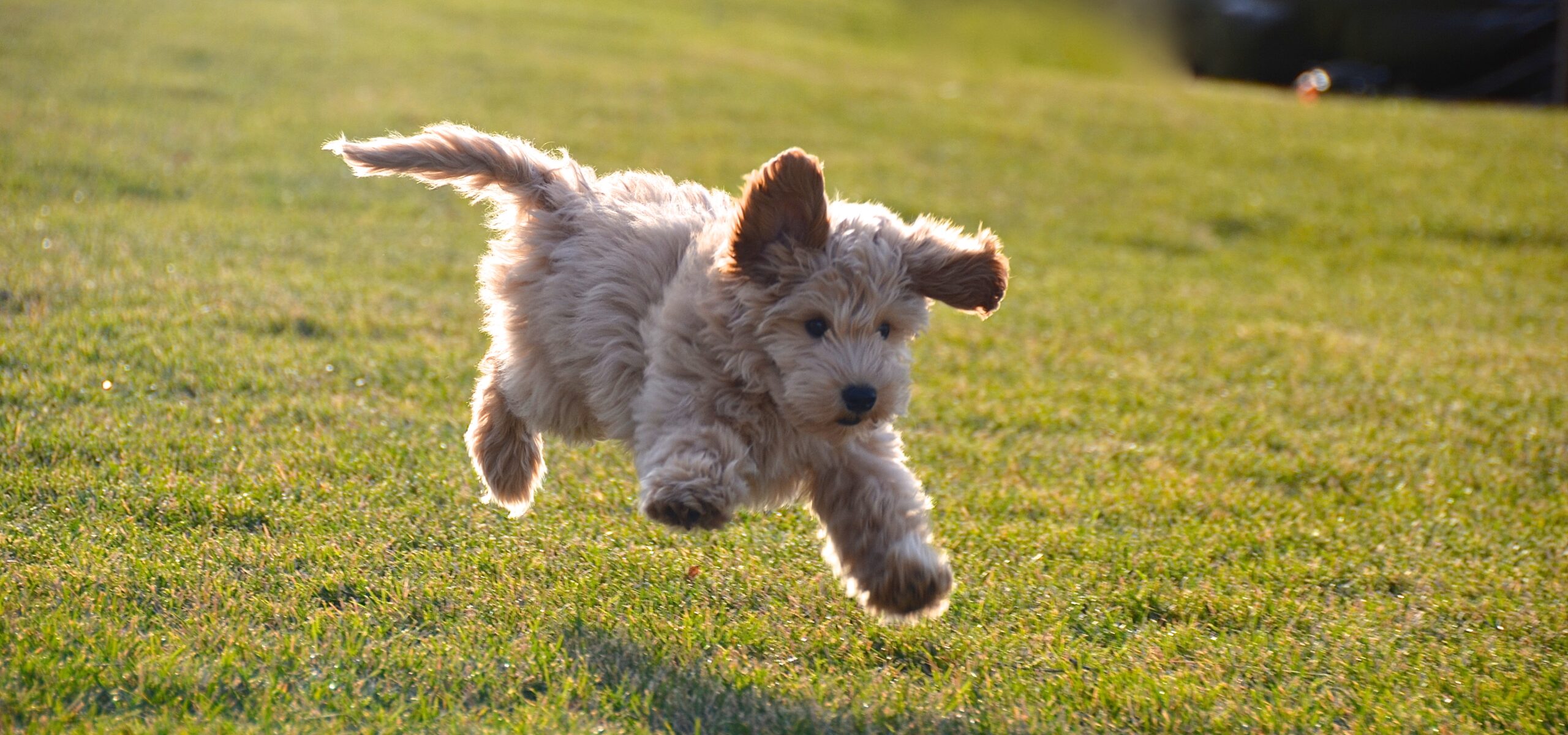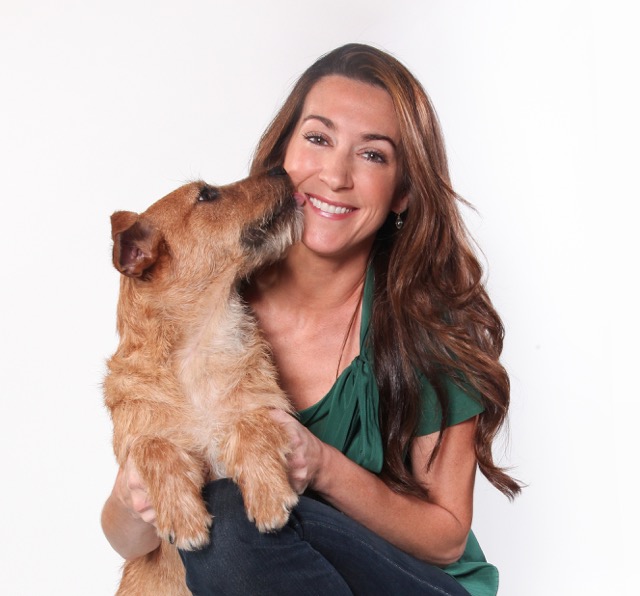
The Honeymoon Period with a New Puppy or Adult Dog
We have all heard the term ‘The Honeymoon Period’ used to describe the first, happy months of a relationship. Everyone is on their best behavior and feeling giddy and optimistic about the future. Of course, this time of what seems to be limitless joy and no issues usually comes to an end. At this point, couples realize that maintaining a healthy relationship requires effort and dedication.
A similar, albeit usually much shorter, honeymoon period is often experienced by new pet parents. Although, unlike people in a new relationship, I don’t think the dog or puppy is on it’s best behavior with the understanding that they are about to start a new, hopefully long term relationship. Instead, many dogs are so focused on all of the many changes happening and to adjusting to a whole new world (new environment, sights, sounds, people and possibly other animals) that they may be somewhat (or a lot!) blunted or shut down as they absorb all of this new information and try to figure out their place in the world. This is analogous to a person relocating to a new country. It would seem understandable that they might take a few days or weeks to quietly observe and figure things out.
The Calm Before the Storm
Many people contact a dog trainer for help only after weeks or months have passed with their new dog in their home. At first they put off calling because there doesn’t seem to be a need; Their new dog is fairly calm, passive, and quiet. But, as the dog adjusts and becomes more comfortable, their true personality begins to become more apparent. This is when people start saying things like “he never did this before!” in reference to all manner of normal (albeit unwanted) dog behavior, such as pottying in the house, barking excessively, destructive and inappropriate chewing, and guarding toys, territories, and people.
The behaviors aren’t necessarily new, they are just new to the dog in it’s new home environment. People are often caught off guard and frustrated by behavior changes and sometimes assume that these things are just one or two time mistakes and the dog will go back to his or her ‘normal’ behavior soon without much or any intervention on their part. But, the ‘new’ behaviors may very well be the dog’s ‘normal’ behavior more so than the behaviors (or lack thereof) during the honeymoon period. As the dog predictably engages in what their family considers to be inappropriate behaviors on a more frequent basis, frustration rears it’s ugly head for all involved. Dog behavior problems are frustrating for people and surely frustrating for dogs who are confused about why their people are upset with them.
Proactive Training and Guidance
In a perfect world, everyone who is about to bring a dog into their family would read one or two great, positive training books prior to their dogs arrival (options are my Barron’s Bible of Dog Training or Dog-Friendly Dog Training), and just about everyone can benefit from the guidance of a professional dog trainer. Depending on the dog and the family, both group dog training classes and private in-person or virtual lessons can be extremely beneficial.
When bringing home a new puppy or dog, it’s best to err on the side of caution and acknowledge that every dog needs some guidance in regards to meeting a family’s expectations. Avoid inevitable frustration (for family and dog) by being proactive about your new dog’s education regardless of how perfect they seem in the first few days or weeks in your home. Because the one constant about dog behavior is that it is constantly changing. A dog’s behavior changes as they go through developmental changes from puppyhood, to adolescence, to adulthood. Dog behavior may also change due to a change in environment (this is especially common for dogs that are relocated from one type of area, such as a suburban or rural community to a metropolitan area like NYC), or a change in family dynamics (i.e. a new partner for their person, a baby being welcomed into the home, etc.).
Lifelong Learning and Adaptation
For most people, having a dog training expert on hand just prior to or immediately following their new dog’s arrival home is a superb way to help prevent or quickly manage and address any potential problems. There are options available to suit every lifestyle and budget, including private lessons, group dog training classes, or virtual dog training. Being proactive prior to problems arising means the real honeymoon period, will be a lifelong relationship with a dog who is as calm, confident, happy and well-mannered as possible.
Explore Our Dog Training Courses
This post has one comment
Leave a Reply Cancel reply
Educate your dog with Andrea Arden and her team.
New York | Los Angeles | Connecticut
Share
- Group Classes
- Private Lessons
- Virtual Training
- Puppy Play Groups
- Puppy Training
- Articles & Advice




Pingback: How to adopt a pet for life